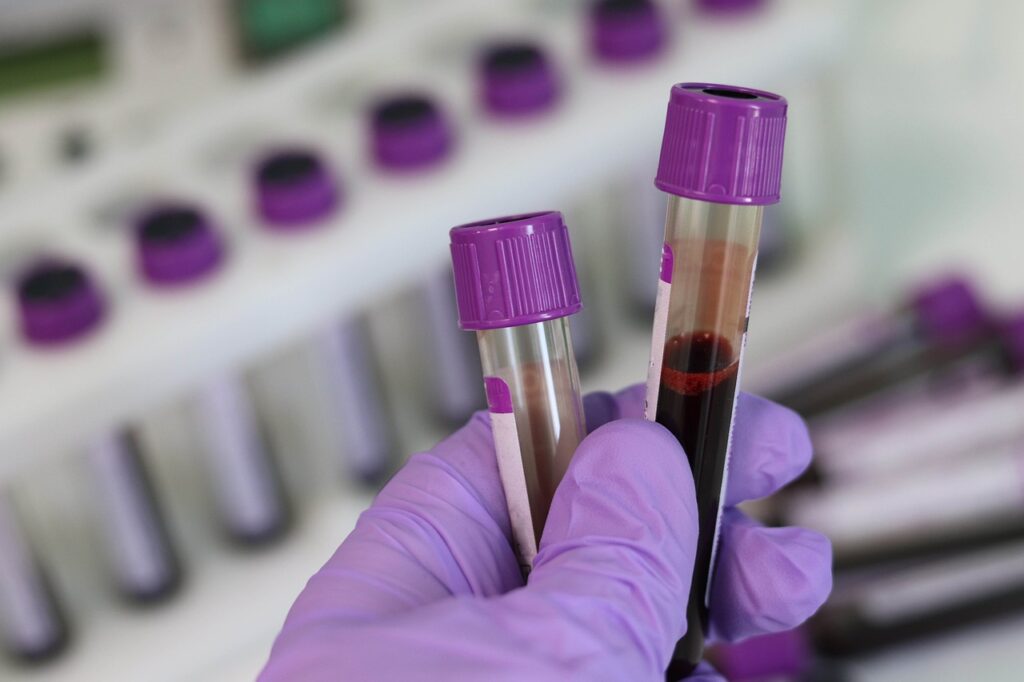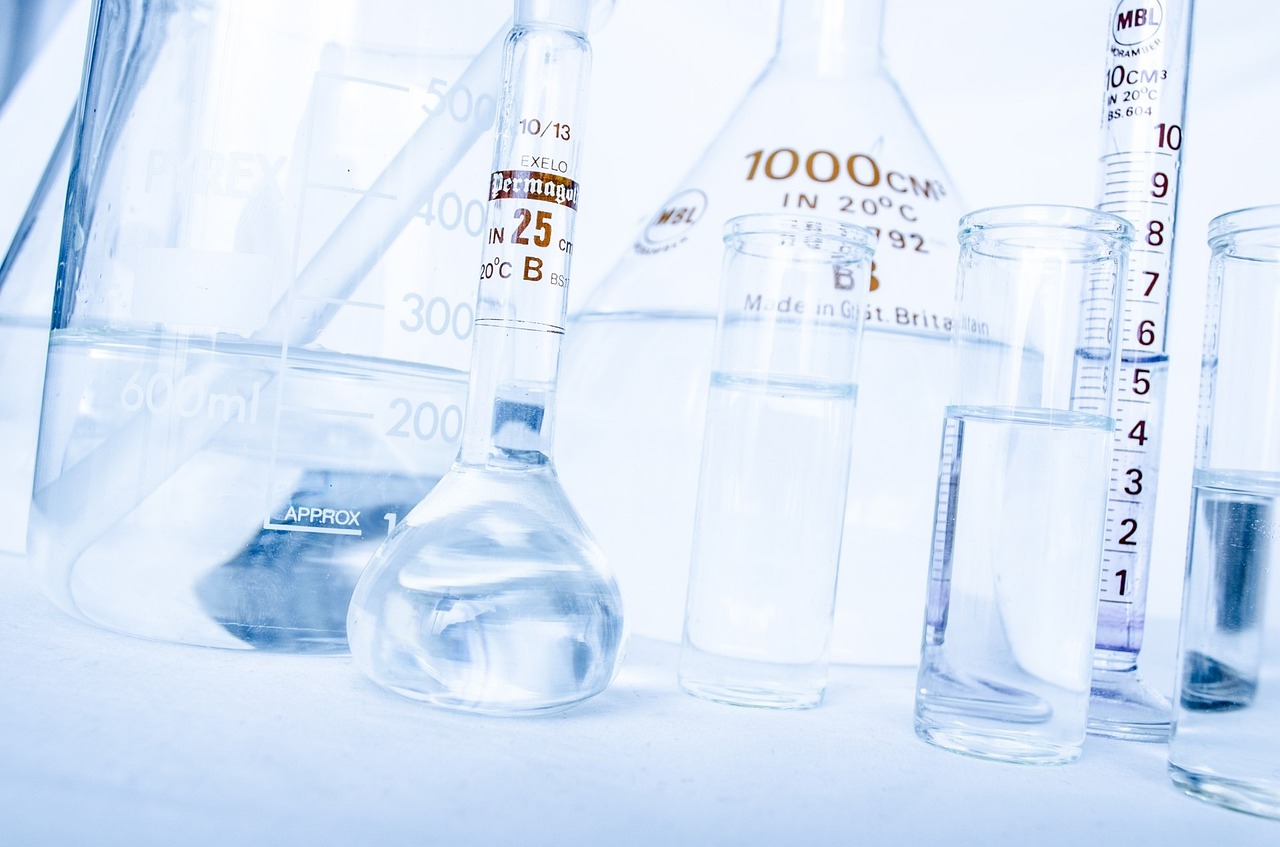Food plays a vital role in our lives by offering not just sustenance but also cultural and social value. However, preserving public health depends on making sure the food we eat is both safe and of the highest caliber. Foodborne diseases, allergies, and even chronic conditions can result from eating contaminated or hazardous food. Food safety has taken precedence in order to safeguard customers, necessitating stringent supply chain checks and balances. Every step of the food production process, from acquiring raw materials to delivering the finished product, requires compliance with safety regulations.
Furthermore, food safety affects economies and enterprises in addition to consumer health. The caliber of a company's goods determines its reputation. A single instance of contaminated food can result in a decline in customer confidence, bad press, and monetary losses. Food safety testing laboratories are essential in this regard, serving as gatekeepers to guarantee that food items fulfill strict safety and quality standards.
Understanding Food Safety Testing Labs
Food safety testing labs are specialist establishments with cutting-edge equipment and knowledge to evaluate the nutritional content, safety, and quality of food items. Numerous tests are carried out in these labs, including as chemical analysis, allergy identification, microbial testing, and nutritional content analysis. Before food goods reach customers, food safety testing labs make sure they fulfill the necessary criteria by identifying potential dangers.
Why Food Safety Testing Labs are Important
Public health protection is the main objective of food safety testing laboratories. Toxins, viruses, and bacteria are examples of contaminants that can lead to serious foodborne illnesses. For instance, common causes of outbreaks include bacteria like Salmonella, E. coli, and Listeria. By identifying these dangerous substances, food safety testing facilities keep tainted goods off the market and away from customers.
Governments and international bodies have established strict food safety regulations to safeguard consumers. For instance, in India, the Food Safety and Standards Authority of India (FSSAI) sets guidelines for food safety. Compliance with these regulations is mandatory for businesses, and food safety testing labs help organizations meet these standards. Non-compliance can lead to hefty fines, product recalls, and legal consequences, making regular testing a necessity.
Reputation is crucial for companies operating in the food sector. A single food safety event has the power to damage a brand's reputation and undermine customer confidence. Businesses may guarantee the safety, quality, and contamination-free nature of their products by collaborating with reputable food safety testing labs. In addition to protecting the company's reputation, this proactive strategy increases client loyalty.
Food recalls are costly and can disrupt supply chains, leading to significant financial losses. Testing food products at every stage—from raw materials to finished goods—can identify potential issues early, preventing large-scale recalls. Food safety testing labs are crucial in minimizing risks and ensuring economic stability for businesses.

Additionally, food safety testing laboratories serve as a vital link between public health and research. These labs support food science research and development in addition to ensuring food quality. They give the scientific community, food producers, and policymakers important information by examining trends and patterns in contamination. This guarantees that the sector develops safer procedures and creative responses to new dangers.
Key Tests Conducted in Food Safety Testing Labs
To address many facets of food safety and quality, food safety testing labs provide a range of testing services. Microbial testing detects pathogenic microorganisms, such as viruses, fungi, and bacteria. Heavy metals, herbicides, and other harmful compounds are detected by chemical testing. Allergen detection ensures proper labeling and consumer safety by identifying allergens like nuts, gluten, and dairy. Food products' endurance under particular storage circumstances is ascertained by shelf life testing. Nutritional analysis verifies the content of essential nutrients such as proteins, fats, vitamins, and minerals.
Additionally, some labs specialize in testing genetically modified organisms (GMOs) to ensure compliance with labeling regulations. GMO testing is crucial for meeting consumer demand for transparency and for ensuring food integrity in the global market.
Advanced Technologies in Food Safety Testing Labs
Modern technology is being used in food safety testing labs to increase precision, speed, and effectiveness. Pathogens can be quickly identified at the molecular level thanks to PCR (Polymerase Chain Reaction) technology. Mass spectrometry is used for chemical analysis, including detecting pesticide residues and heavy metals. In order to evaluate big datasets, forecast contamination risks, and improve testing procedures, artificial intelligence, and machine learning are being included in food testing procedures. IoT-enabled devices are enhancing real-time monitoring of food quality during storage and transportation, reducing the risk of contamination.
Another innovation includes blockchain technology for traceability. By implementing blockchain, labs can create a secure and transparent system that tracks food products throughout the supply chain. This enhances accountability and builds consumer trust.
Benefits of Partnering with Food Safety Testing Labs
Businesses can benefit from working with food safety testing laboratories in a number of ways. Advanced equipment and skilled personnel are used in food safety testing facilities to provide accurate and trustworthy results. Businesses can avoid the high expenses of recalls, legal action, and reputational damage by investing in routine testing. Customers are more confident in products that pass stringent testing in accredited labs, which increases brand loyalty. By using laboratory testing to meet international food safety requirements, export prospects, and worldwide markets become accessible.
Furthermore, food labs help businesses stay competitive by aligning with industry trends and consumer demands. For example, as more consumers seek organic and natural products, testing labs play a critical role in certifying products as free from synthetic additives and contaminants. This certification not only boosts brand credibility but also attracts a broader audience.
Conclusion
Food safety testing labs are indispensable in today’s food industry. They ensure the safety, quality, and compliance of food products, protecting public health and fostering consumer trust. By leveraging advanced technologies and adhering to stringent standards, food safety testing labs help businesses thrive in a competitive market while minimizing risks.
For any food business, collaborating with a reliable food safety testing lab is not just an option but a necessity. Regular testing safeguards consumers, enhances business reputation, and ensures compliance with regulatory frameworks. As food safety continues to be a top priority worldwide, the role of food safety testing labs will only grow in importance, paving the way for a safer and healthier future.

